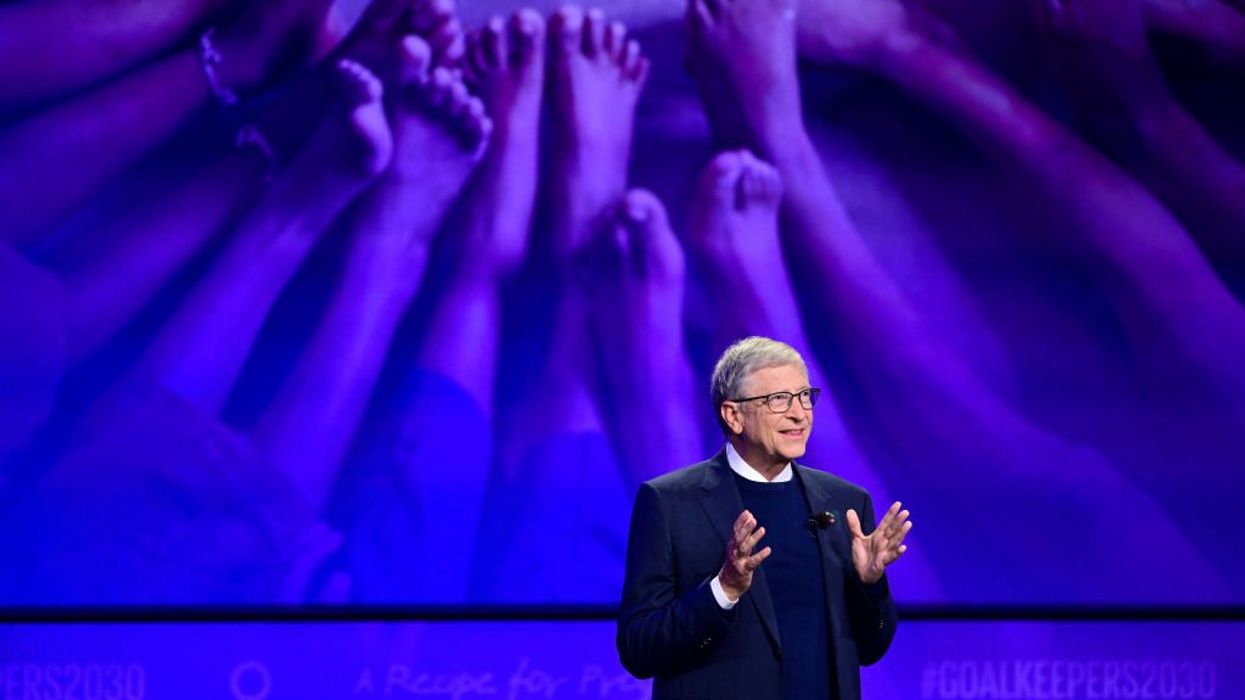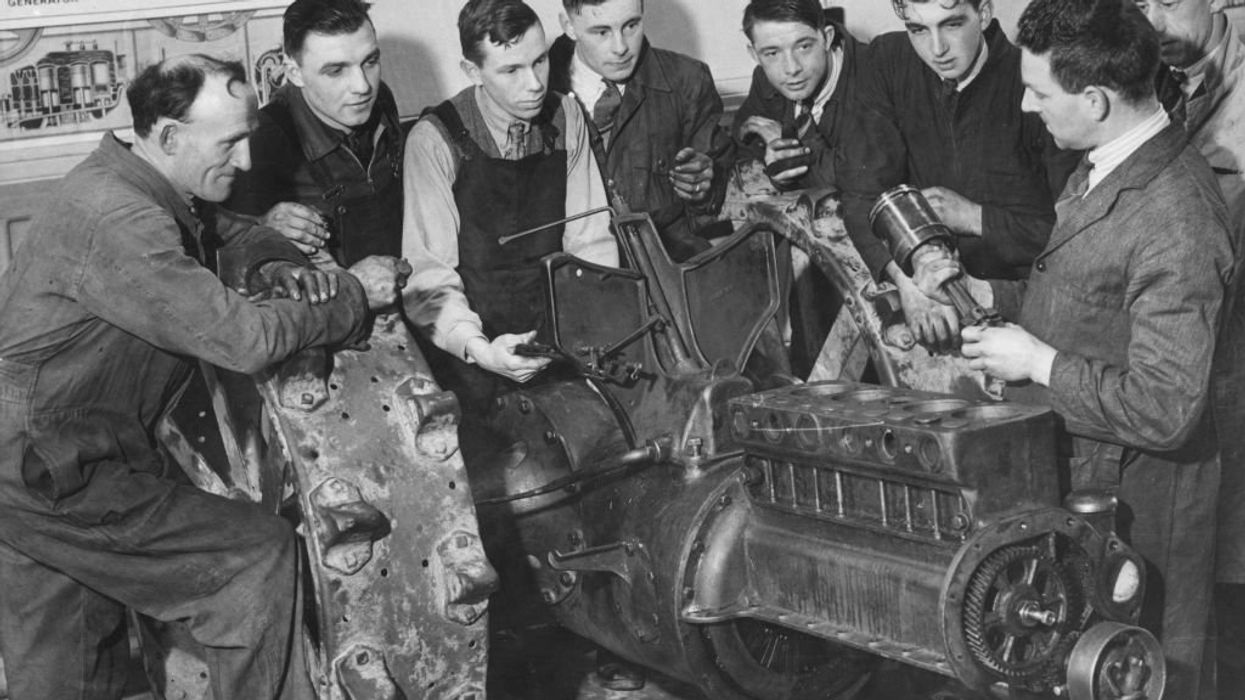
© 2024 Blaze Media LLC. All rights reserved.
Will the EU Use Drones to Spy and Enforce Regulations on Farms? Sure Looks Like It
February 09, 2012
"I don't think there's anything you can do about it".

While the U.S. Congress approved a bill this week that would open airspace to drones, the European Union is already a few steps ahead and considering the use of these unmanned aerial vehicles to enforce its own regulations.
(Related: Report: Predator drones being used on U.S. citizens in America)
Popular Science reports that officials in the EU are looking to drones to police the skies over agricultural land to ensure farms aren't cheating subsidies or violating rules within the Common Agriculture Policy:
Farm subsidies in the EU cost taxpayers billions of euros each year, and so it’s naturally in the best interests of regulators to maintain tight oversight over who gets how much. For years now, regulators have relied on satellite imagery to help them keep an eye on those claiming subsidies, photographing farmland from above and looking for the telltale signs of subsidy cheats or breaches of environmental rules. But satellite images are unreliable. In some places, mountainous terrain makes for long shadows that obscure features on the ground. In places like Scotland, it’s overcast all the time.
BBC has more details on the issue with satellites that make drones an attractive option:
Many things in the countryside are constantly changing and when the satellite passes over, "the animals may be in a field or in a barn -- you can't count the numbers very well", says Roland Randall, an English farmer and environmental researcher in Cambridgeshire.
"When planners looked at the aerial photo records of our farm they thought we had an additional building without permission, but it was actually a haystack," he told the BBC.
[...]
There have been few prosecutions in the UK based on satellite evidence, says Ray Purdy, a senior law researcher at University College London (UCL) specialising in satellite monitoring.
One case in the UK was dropped in 2001 because a farmer proved that he had planted a linseed crop, even though the satellite image appeared to show bare earth. The sparse young plants had failed to show up against the bright reflection off chalk downland.

With drones, many of these issues would be cast aside. Drones can fly below cloud level and can capture more detailed pictures to be coupled with satellite images. BBC reports that use of the drones for this purpose is currently in its trial stage in France and Italy.
The EU isn't just considering drones for farmland monitoring though. Other proposed uses, according to BBC, include map making, transportation of goods, border monitoring and more.
As Popular Science notes, it is becoming continually apparent that UAVs aren't just for warfare anymore. The U.S. is already using or considering to use drones for things like border patrol and surveillance in New York City. In one case, a civilian powered drone recently spotted a violation from a meat packing plant dumping animal products into a Texas river.
Just this week Congress approved a bill that would not only speed up the adoption of GPS technology over radar systems in U.S. aircraft, but also will require the Federal Aviation Administration to open up the sky to military, commercial and privately-owned drones within the next four years. U.S. airspace is currently reserved for manned aircraft. There is an exception for drone use in segregated blocks of military airspace, border patrols and for about 300 public agencies and their private partners. Those public agencies are mainly restricted to flying small unmanned aircraft at low altitudes away from airports and urban centers.
Within nine months of the bill's passage, the FAA is required to submit a plan on how to safely provide drones with expanded access.
Privacy advocacy groups in the U.S. and Europe have concerns over the use of drones as a policing method, when they were once only used in war zones. BBC reports that some are calling for more discussion on the privacy implications whereas others are rather accepting of the technology:
Ben Hayes of the campaign group Statewatch worries that Europe is rushing into the use of drones without sufficient public discussion."We would accept the argument that there are lots of things they can be useful for, but ... the questions about what is acceptable and how people feel about drones hovering over their farmland or their demonstration -- these debates are not taking place," he says.
[..]
Rob Allan, a farmer in Warwickshire, said "it's modern life really -- I don't think there's anything you can do about it".
In the U.S., groups like the American Civil Liberties Union have voiced concerns over the Congress-approved bill for drone use, asking the government to consider the privacy issues more closely. The ACLU wrote in a statement: "We don’t want to wonder, every time we step out our front door, whether some eye in the sky is watching our every move."
Want to leave a tip?
We answer to you. Help keep our content free of advertisers and big tech censorship by leaving a tip today.
Want to join the conversation?
Already a subscriber?
more stories
Sign up for the Blaze newsletter
By signing up, you agree to our Privacy Policy and Terms of Use, and agree to receive content that may sometimes include advertisements. You may opt out at any time.
© 2024 Blaze Media LLC. All rights reserved.
Get the stories that matter most delivered directly to your inbox.
By signing up, you agree to our Privacy Policy and Terms of Use, and agree to receive content that may sometimes include advertisements. You may opt out at any time.


